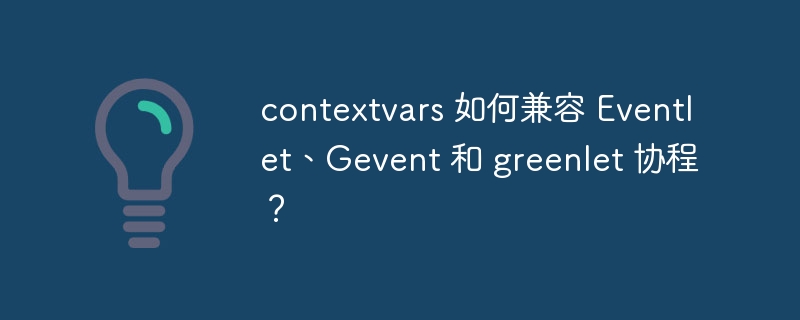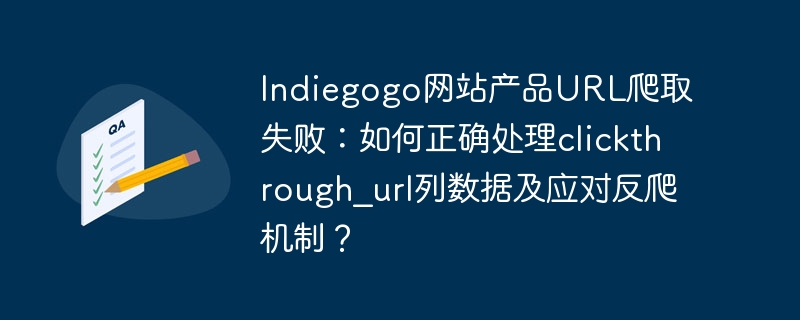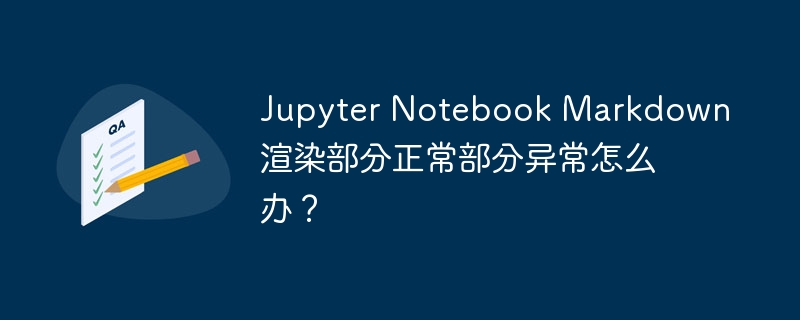在今天的移动互联网时代,应用市场成为了移动应用软件最主要的发现和下载渠道之一。对于想在应用市场中成功突围的开发者和运营者来说,了解应用市场中其他应用的情况非常重要。这时,我们就需要一个强大的爬虫工具来帮助我们抓取应用市场中的应用数据。
在本文中,我将带领大家使用Scrapy爬虫工具轻松从Google Play和App Store中抓取应用数据。
Scrapy是一个用于抓取网站数据和提取结构化数据的应用程序框架,适用于Web爬虫和数据挖掘等多种场景。Scrapy采用了Twisted异步网络框架,使用了Reactor设计模式,可以做到高效快速地爬取数据。
在使用Scrapy爬虫之前,我们需要先安装一些库和工具。我们需要安装的库有:
安装方法可以使用pip命令,例如:pip install scrapy。snake和Pillow是用来生成应用图标缩略图的工具,安装方法同样也可以使用pip命令。
我们还需要获取一些代理IP和User-Agent,这些信息可以在一些第三方网站上获取,例如:https://free-proxy-list.net/、http://www.useragentstring.com/。
首先,我们需要在Scrapy项目中创建一个名为googleplay的Spider。在Google Play中,我们可以通过一下URL来获取应用数据:
https://play.google.com/store/apps/details?id=<app_id>
其中,<app_id>是应用的ID。
我们需要在Spider中定义一个包含所有待爬虫ID的列表并循环遍历每个应用。在Scrapy项目中创建一个名为googleplay的Spider:
import scrapy
class GooglePlaySpider(scrapy.Spider):
name = 'googleplay'
allowed_domains = ['play.google.com']
start_urls = ['https://play.google.com/store/apps/details?id=com.facebook.katana']
app_ids = [
'com.facebook.katana',
'com.instagram.android',
'com.twitter.android'
]
def start_requests(self):
for app_id in self.app_ids:
url = f'https://play.google.com/store/apps/details?id={app_id}'
yield scrapy.Request(url=url, callback=self.parse)在上面的代码中,我们定义了一个app_ids列表,包含了待抓取的应用ID。接着,在start_requests方法中循环遍历每个ID,构造出URL并发送请求。
接下来,我们需要编写parse回调函数,用于处理响应结果。在这个函数中,我们需要从响应HTML文件中提取有用的信息,例如:应用名、应用介绍、应用版本、应用图标等等。
import scrapy
from scrapy.http import Request
class GooglePlaySpider(scrapy.Spider):
name = 'googleplay'
allowed_domains = ['play.google.com']
start_urls = ['https://play.google.com/store/apps/details?id=com.facebook.katana']
app_ids = [
'com.facebook.katana',
'com.instagram.android',
'com.twitter.android'
]
def start_requests(self):
for app_id in self.app_ids:
url = f'https://play.google.com/store/apps/details?id={app_id}'
yield scrapy.Request(url=url, callback=self.parse)
def parse(self, response):
app_id = response.url.split('=')[-1]
app_name = response.css('h1.AHFaub span ::text').get()
app_description = response.css('div.DWPxHb div ::text').getall()
app_description = ''.join(app_description).strip("
")
app_category = response.xpath('//span[text()="Category"]/..').css('a ::text').get()
app_logo = response.css('div.CmABtb img ::attr(src)').get()
app_rating = response.css('div.BHMmbe ::text').get()
app_rating_count = response.css('span.EymY4b ::text').get().replace(',', '')
app_download_count = response.css('span.htlgb ::text').get().replace(',', '')
app_size = response.xpath('//span[text()="Size"]/..').css('div ::text').get()
app_version = response.xpath('//span[text()="Current Version"]/..').css('div ::text').get()
app_updated = response.xpath('//span[text()="Updated"]/..').css('div ::text').get()
app_author = response.xpath('//span[text()="Offered By"]/..').css('a ::text').get()
yield {
'market': 'Google Play',
'app_id': app_id,
'app_name': app_name,
'app_description': app_description,
'app_category': app_category,
'app_logo': app_logo,
'app_rating': app_rating,
'app_rating_count': app_rating_count,
'app_download_count': app_download_count,
'app_size': app_size,
'app_version': app_version,
'app_updated': app_updated,
'app_author': app_author
}在上面的代码中,我们使用css选择器和xpath语法从HTML文件中提取有用的信息,并使用Python字典类型保存应用数据。最后,我们使用yield将数据返回。
下面,我们看一下如何从App Store中抓取应用数据。在App Store中获取应用数据也需要我们构造一个URL,如下所示:
https://itunes.apple.com/lookup?id=<app_id>
与Google Play类似,<app_id>是应用的ID。
首先,我们需要在Scrapy项目中创建一个名为appstore的Spider:
import scrapy
class AppStoreSpider(scrapy.Spider):
name = 'appstore'
allowed_domains = ['itunes.apple.com']
start_urls = ['https://itunes.apple.com/lookup?id=284815942']
app_ids = [
'284815942',
'389801252',
'336978041'
]
def start_requests(self):
for app_id in self.app_ids:
url = f'https://itunes.apple.com/lookup?id={app_id}'
yield scrapy.Request(url=url, callback=self.parse)在上面的代码中,我们定义了一个app_ids列表,包含了待抓取的应用ID。接着,在start_requests方法中循环遍历每个ID,构造出URL并发送请求。
接下来,我们需要编写parse回调函数,用于处理响应结果。在这个函数中,我们需要从响应JSON文件中提取有用的信息,例如:应用名、应用介绍、应用版本、应用图标等等。
import scrapy
import json
from snake import resize
from scrapy.http import Request
class AppStoreSpider(scrapy.Spider):
name = 'appstore'
allowed_domains = ['itunes.apple.com']
start_urls = ['https://itunes.apple.com/lookup?id=284815942']
app_ids = [
'284815942',
'389801252',
'336978041'
]
def start_requests(self):
for app_id in self.app_ids:
url = f'https://itunes.apple.com/lookup?id={app_id}'
yield scrapy.Request(url=url, callback=self.parse)
def parse(self, response):
data = json.loads(response.text)
app_id = data['results'][0]['bundleId']
app_name = data['results'][0]['trackName']
app_description = data['results'][0]['description']
app_category = data['results'][0]['genres'][0]
app_logo = data['results'][0]['artworkUrl512']
app_rating = data['results'][0]['averageUserRating']
app_rating_count = data['results'][0]['userRatingCount']
app_download_count = data['results'][0]['userRatingCount']
app_size = data['results'][0]['fileSizeBytes']
app_version = data['results'][0]['version']
app_updated = data['results'][0]['currentVersionReleaseDate']
app_author = data['results'][0]['sellerName']
app_logo_file = 'appstore_logo/' + app_id + '.jpg'
resize(app_logo, (100, 100)).save(app_logo_file)
yield {
'market': 'App Store',
'app_id': app_id,
'app_name': app_name,
'app_description': app_description,
'app_category': app_category,
'app_logo': app_logo_file,
'app_rating': app_rating,
'app_rating_count': app_rating_count,
'app_download_count': app_download_count,
'app_size': app_size,
'app_version': app_version,
'app_updated': app_updated,
'app_author': app_author
}在上面的代码中,我们使用json模块从JSON文件中提取有用的信息,并使用Python字典类型保存应用数据。在保存应用图标时,我们使用了snake工具对图标进行了缩略操作。
在本文中,我们使用了Scrapy爬虫工具成功地从Google Play和App Store中抓取了应用数据。不同的应用市场,在URL格式、数据提取和数据处理方面可能会有所不同,但是以此作为蓝本,我们可以通过Scrapy爬虫工具轻松地抓取、处理和分析各类数据。





